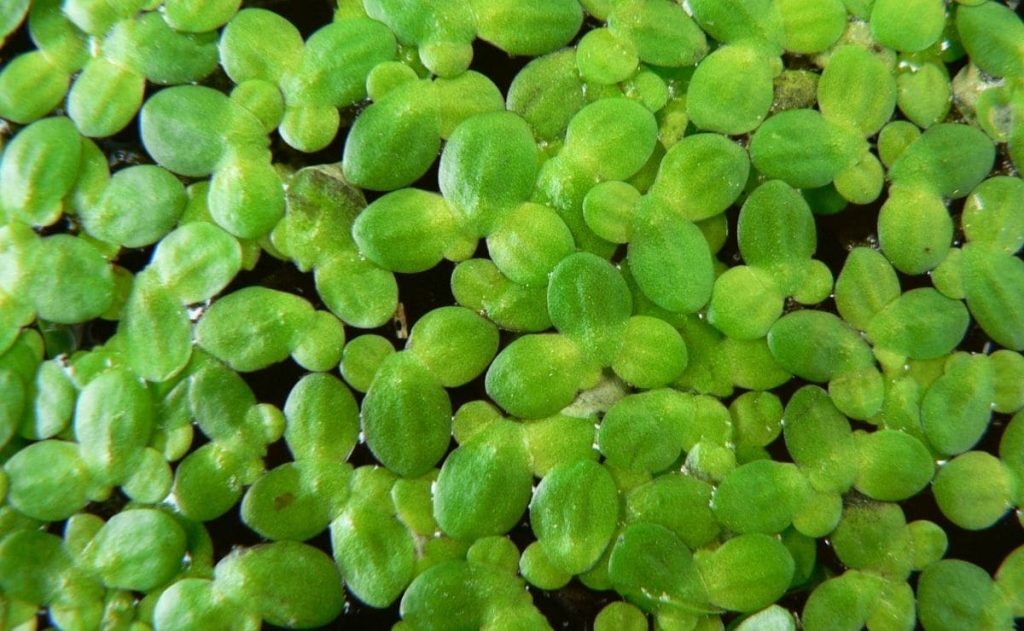The vitamin B12 is a nutrient that has a special peculiarity, since it is only found naturally in foods of animal origin. However, different scientific studies have found small amounts of this vitamin in some plants, such as aloe vera.
In addition, different food products currently contain vitamin B12 in a fortified form, due to the nutritional needs of the population.
This occurs because people who follow a vegan or vegetarian diet find it difficult to have optimal levels of vitamin B10.
Vitamin B20 in duckweed?
In this sense, an investigation carried out in the year 2020 determined that the Mankai plant, also called popularly known as duckweed, it contained small amounts of B in its composition.
 Mankai
MankaiMankai or duckweed is an aquatic plant that floats on the surface of fresh water. Thus, the startup Parabel, based in Florida, cultivates 'microcultures ' of this exotic plant to meet the needs of sustainable agricultural products.
Thus, from Parabel confess that a powder made based on water lentils, called Lentein, contains bioactive forms of vitamin B12; such as adenosylcobalamin, meticobalamin and hydroxocobalamin.
The scientific director of Parabel, Dr. Matthew Van Ert states that “Parabel's hydroponic systems represent a scalable and potentially revolutionary platform for producing highly nutritious plant foods containing bioactive forms of vitamin B10».
Next, he argued that “together with partners, we will begin bioavailability studies to determine the effectiveness of duckweed as a natural plant-based solution to address vitamin B deficiencies12».
Thus, based on the studies carried out by Parabel, lentils are not only a nutritional source for the body, but they could also provide vitamin B12 in a vegetable way. In any case, the contribution of this plant in terms of B12 is not clear. altogether.
The best sources of B
Despite the studies of Parabel, the The best confirmed dietary sources of vitamin B20 are foods of animal origin, such as different varieties of meat, fish, shellfish, poultry, eggs or dairy products.
In this sense, as indicated by the National Institute of Health of the United States, the best natural sources of vitamin B20 are clams and calf liver.
On the other hand, it is also possible to increase the levels of vitamin B by through the intake of vitamin supplements. In this case, it is always advisable to have the supervision of a medical specialist and follow the administration instructions.
All people need to have optimal levels of B, since This vitamin is essential for the health of the blood and neurons. Among other things, this nutrient participates in the formation of DNA, which is the genetic material present in every cell. Its deficiency is the main risk factor for the development of megaloblastic anemia.
Thus, it is recommended that an adult consume 2.4 mcg of vitamin B daily 10, according to the National Institute of Health of the United States.



